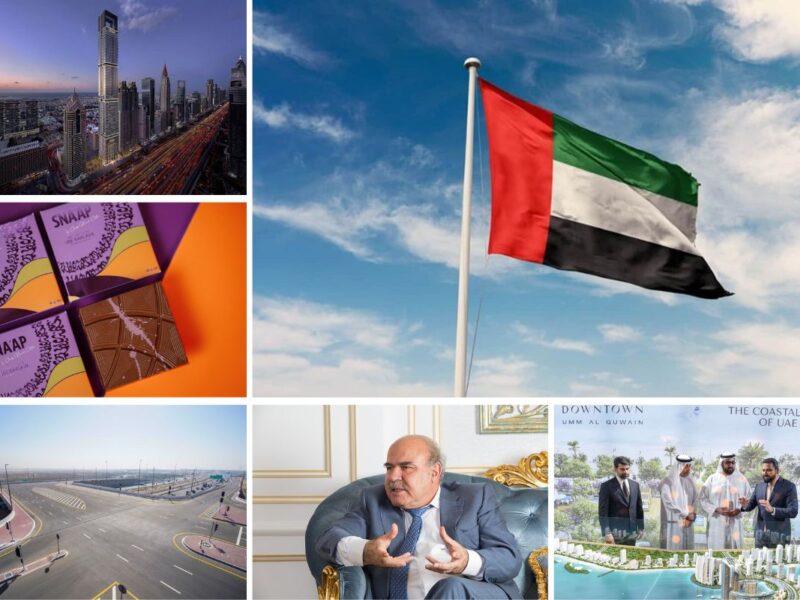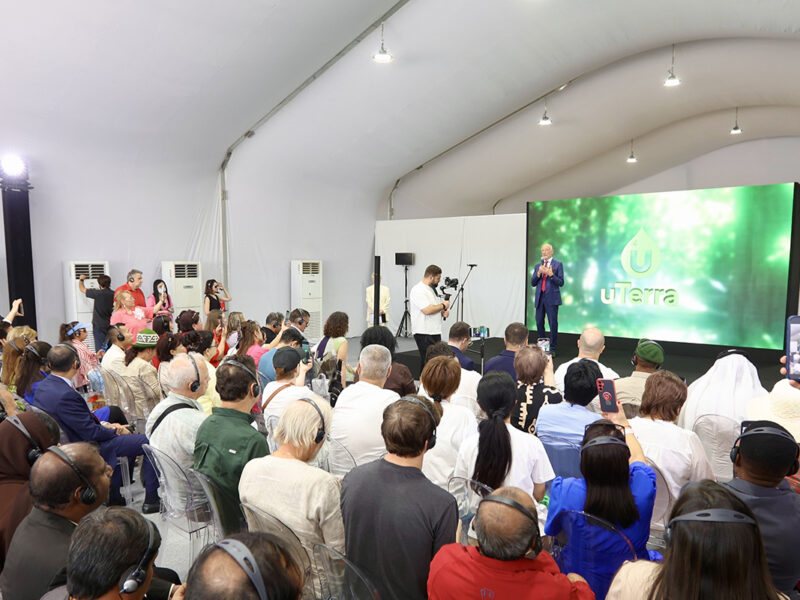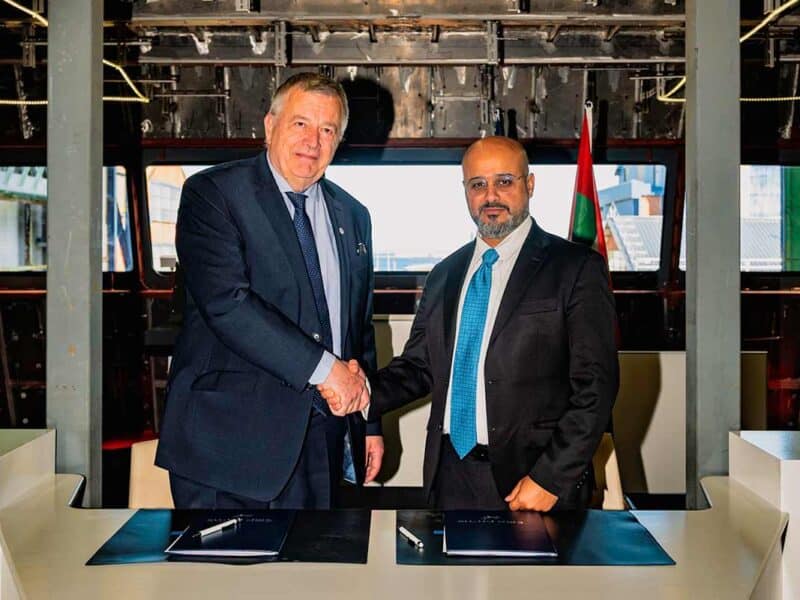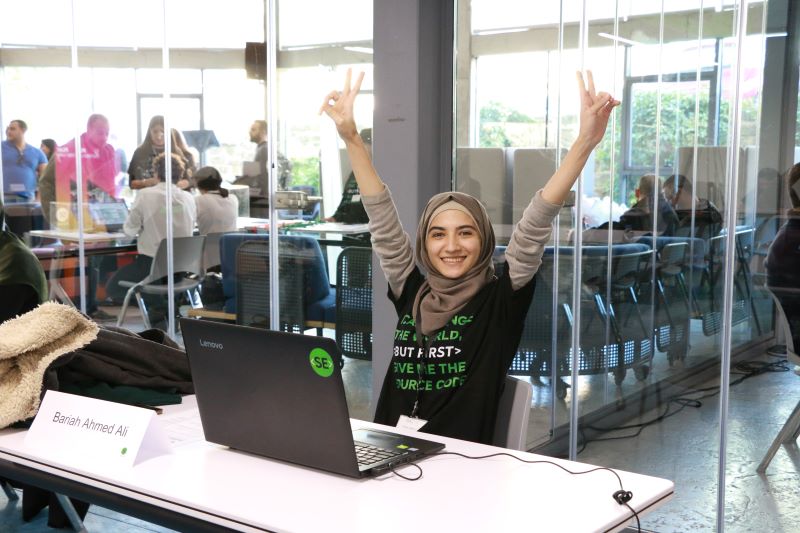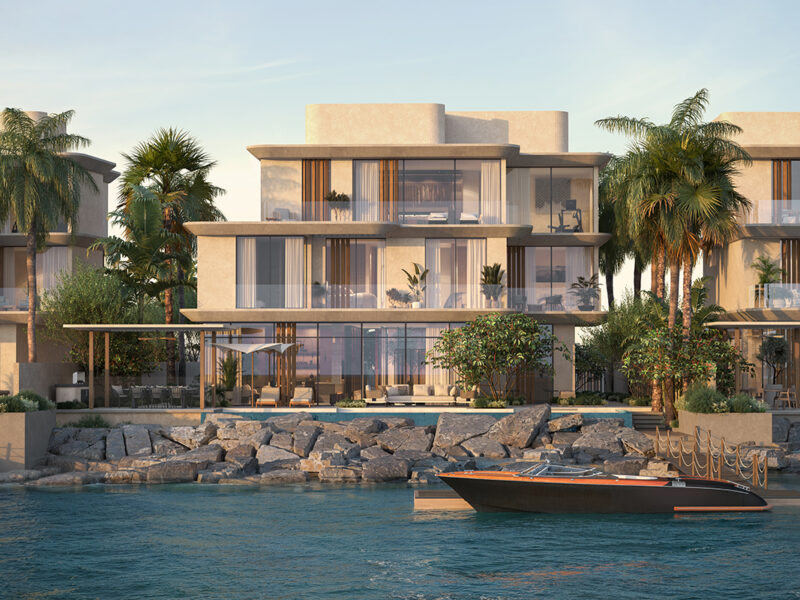In a region with its own share of social challenges, venture philanthropy is an opportunity for social enterprises in the Middle East to make a sustainable impact as compared to traditional giving which could have a more limited effect, according to the executive director of Alfanar, Myrna Atalla.
Alfanar, the Arab region’s first venture philanthropy organisation, supports social enterprises to both grow their impact on vulnerable communities and develop sustainable revenue streams, thereby breaking the cycle of donor dependency.
Founded in 2004 by former investment banker Tarek Ben Halim (who passed away in 2009), the platform for sustainable and scalable change made its first investments in Egypt in 2005, partnering with an environmental science centre for children, a recycled paper production unit and an association protecting child quarry workers.
-to-use.jpg?KJ4pUjIE) Executive director of Alfanar, Myrna Atalla.
Executive director of Alfanar, Myrna Atalla.
Today, Alfanar works with 17 growth-stage social enterprises in Lebanon and Egypt and has completed the training of 60 social entrepreneurs in Jordan. It has also supported 38 social enterprises over its lifetime.
“Our training programme is a useful way to test the market in new countries and explore if there is a strong cohort of enterprises that are ready for venture philanthropy investment. We are now exploring estbalishing portfolios in Jordan and Palestine,” said Atalla.
On average, Alfanar has helped organisations impact around 37 to 38 percent more lives over the span of its investment and self-generate 39 percent more revenue. “Last year, although it was a very bad year, they were on average recovering about 54 or 55 percent of their own costs,” said Atalla.
In a wide-reaching interview with Arabian Business, Atalla outlines the criteria Alfanar looks for in the social enterprises it supports and how it moves them towards becoming self-sufficient impact investors.
What’s the difference between venture philanthropy and the traditional model of philanthropy?
The origins of venture philanthropy come from the first ‘.com’ boom in the US, whensuccessful investors were looking for ways of involving themselves in social change.
What was available at the time, in the 1990s, were traditional foundations that weren’t necessarily tracking the social outcomes-based metrics of their investment and were not focused on financial sustainability.
So they started looking at applying some of the characteristics of venture capitalists, such as making money and seeing the impact in their own personal wealth, to social change. This was revolutionary at the time but is much more commonly applied nowadays.
Could you summarise Alfanar’s model?
Alfanar provides grants in the beginning and then, as the cash flows from the enterprises’ self-generated revenue becomes more reliable, we offer zero-interest loans. By the time Alfanar exits, we aim to see these social enterprises either ready for impact investment and/or be self-sufficient
While funding is necessary, it isn’t sufficient for growth. The glue to the venture philanthropy process is all of the additional pieces Alfanar provides.
What this line of work really requires is this accountability partnership. We agree with them on their KPIs and social investment plan. We are never waiting for a quarterly report to troubleshoot but are there literally day in and day out and not for short periods of time, unlike incubators and accelerators, but for up to three to five years.
We also provide tailored trainings and data analytics to track their growth and impact in real time and empower them to use data and evidence to make better management decisions.
Our promise to our donors is that the social enterprises we work with will be sustainable when we leave. Therefore, the impact you have is not just today but is multiplied over time and that’s what is exciting about the model.
On average, how big are your investments?
It depends on the investment because we run business plans and we like to use that as the guidepost. We start out with around $40,000 to $50,000 in the pilot investment and, if the business plan is approved by the investment committee and board, and if it seems promising after we’ve spent a year with the social enterprise, then we might double down to $100,000 over a few years.
And then, as their revenue streams become more reliable, we structure part of it as zero-interest repayable. Then then we wean it down to exit, so that the exit’s a process and they’re ready for next steps.
How do you determine when it is a good time to exit?
We only do so when and if it’s appropriate. There are humanitarian situations or situations where markets are so imperfect that a social enterprise is really unviable and you really need charity.
The calculus we’re looking at is sustainable impact.
One of the criteria we consider is dependency: something that we’re very clear about is not wanting to create dependency. Our entire raison d’etre is that we want to create these vibrant change agents that can stand on their feet, are resilient, maybe ready for impact investment or are just able to continue their mission and continue growing without us.
We’ve sometimes exited to test the waters a little and see if they can do it without our support although we’re never far because when you’re an alumni you are invited back to the investees’ gatherings on a quarterly basis. There are also force majeure situations where we’ve exited but then went back, say when a start-up’s warehouse burnt down.
Why did you focus on mid-stage organisations?
We started to make a shift towards growth stage in response to what we found in the market which was a lot of startup prizes and incubators, meaning that the initial phase is rather well covered.
The whole idea is to have a value creating ecosystem, not one that reinforces people to stay in the startup stage. We have always only invested in entities that are registered but we started to move away from just seeding new ideas as the ecosystem has became more mature and it has become easier to find entities that are recovering at least 10 to 30 percent of their costs through self-generated revenue.
How do you identify the social enterprises you support?
To identify the enterprises, we’ve adopted a boots-on-the-ground approach; while we do get cold inquiries online, for the most part we’re hunting them out. We have our pipeline and are looking at who’s graduating from the incubators and accelerators in the region and we talk a lot to our ecosystem partners.
The criteria we look for are impacting vulnerable communities, specifically through a response to children’s education, youth employment or women’s economic empowerment. However, we leave a 20 percent margin for interesting initiatives that are fully geared to these areas.
Number two, it has to have a strong management team and strong execs: the going is going to get rough and we don’t want people who are going to give up when that happens.
Also, it must have some form of self-generated revenue; if it’s just charity based or donation based, and there’s no point in us being there.
There must be an interest in scaling up since we’re looking at a model that we can invest in and which can be replicated. The last pieces is they must be open to feedback.
We often use that pilot investment almost like an extended due diligence because it really helps us see how they move and react although some things are out of people’s hands: the crisis in Lebanon is making it very hard sometimes for people to make sustainability a primary focus, for example.
What’s in the pipeline for Alfanar?
We’re working on hopefully launching an affiliated impact investment vehicle. What we’re finding is that the startups that graduate from Alfanar are faced with a very fractured ecosystem in terms of follow-on investments; they often have to go to the VCs or do a tour of the family offices because there aren’t really many organised impact investment structures.
This would also be a potential opportunity for us to bring our impact expertise to companies with impact investments where grants would be inappropriate. We would be able to add our technical assistance to help them with the analytics and applications to really think through their theory of change and show the entire market that this entity doesn’t just create revenue and improvement to GDP of the country, but is pushing and growing jobs for vulnerable communities and creating other kinds of environmental benefits or cultural benefits.

